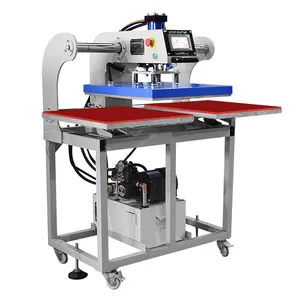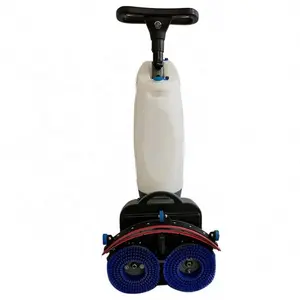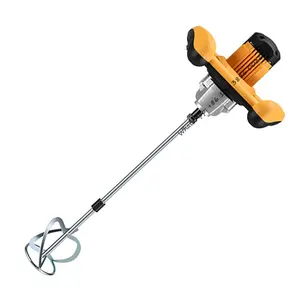Popular in your industry



































































Related Searches:








































































































































Top categories
About maple filter press
The maple syrup filter press is a specialized equipment utilized in the final stages of maple syrup production to ensure a clear and high-quality product. This press is designed to separate impurities, such as sugar sand, from the maple syrup, resulting in a visually appealing and marketable product. The maple syrup filter press works by applying pressure to a set of filter papers or other media to efficiently remove solid particles and unwanted elements from the maple syrup. By using this press, producers can enhance the overall quality of their maple syrup and meet consumer preferences for a clean and debris-free product. The maple syrup filter press is an essential component of the maple syrup production process, ensuring that the final product meets the highest standards of clarity and purity.
Features of a maple syrup filter press
The maple syrup pressure filter is an essential device in the maple syrup production process, characterized by its efficiency and effectiveness in removing impurities. The main components of a maple syrup filter press include filter plates, filter cloths, a hydraulic system, and a collection tray. The filter plates are arranged in a stack, with the filter cloths placed between them to form a series of chambers. The hydraulic system, typically controlled by a pump, applies pressure to the stack of filter plates, forcing the maple syrup through the filter cloths. This pressure helps separate the maple syrup from solid particles, such as sugar sand, and other impurities. The filtered maple syrup then flows out of the press and is collected in a tray, ready for further processing or packaging. The whole process is efficient and quick, making it an essential piece of equipment for maple syrup producers. Some models of filter presses for maple syrup production are designed with an automatic pressure control system, ensuring consistent and optimal pressure during operation. Additionally, the smoky lake filter press is equipped with a stainless steel construction that enhances durability and corrosion resistance, making it suitable for the demanding conditions of maple syrup production. It is important to note that the filter cloths or papers used in a maple syrup filter press need to be replaced regularly, as they can become clogged with debris, reducing the efficiency of the filtration process. The press should be cleaned and maintained according to the manufacturer's instructions to ensure its longevity and optimal performance.
Advantages of using a maple syrup filter press
The hobby maple syrup filter press offers several advantages for maple syrup producers, making it an essential tool in the production process. One of the key benefits is the press's ability to improve the overall quality of the maple syrup by removing solid particles and impurities. This results in a clearer and more visually appealing product, which is highly desirable in the market. Additionally, the use of a maple syrup filter press can significantly reduce the time and effort required for filtration compared to traditional methods. The press's efficient and automated operation streamlines the production process, allowing producers to achieve consistent and high-quality results. Moreover, the press provides a cost-effective solution for maple syrup filtration. While the initial investment may be higher than traditional filtration methods, the long-term savings in labor and improved syrup quality make it a worthwhile investment. The filter press also offers versatility in operation, allowing producers to adjust the pressure and other parameters to meet specific filtration requirements. This adaptability ensures that the press can be effectively utilized in various scales of maple syrup production, from hobbyist to commercial operations. In summary, the maple syrup filter press is a valuable asset for maple syrup producers, offering efficiency, improved product quality, and cost-effectiveness in the final stages of syrup production.


















































